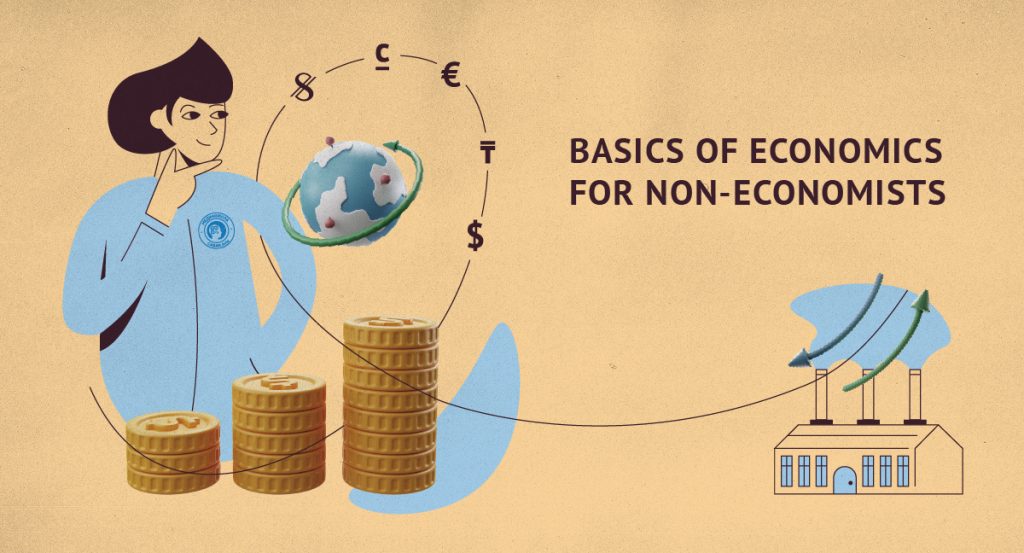What will you learn?
Program
-
Module 1. Introduction
In one form or another, everyone has asked the question: what is the economy? Many think of economics as the science of money, stock markets, or trading. But is it really so? In the first module, we will define the meaning and purpose of economic analysis, and discuss what types of economic analysis exist.
-
Module 2. Initial macroeconomic analysis
In the second module, we will introduce ourselves as potential investors and learn how to analyze a country's economic growth prospects. We will learn about the main components of economic growth, and how to assess the sustainability of growth. We will discuss what variables are used to measure the growth of a country's economy and what databases can be useful in looking up these variables.
-
Module 3. Export and trade
In the third module, we will discuss the most common misconceptions in the interpretation of economic terms and dispel them. To what extent are politics and economics independent of each other? Does GDP growth lead to higher living standards? Is it true that economists make accurate forecasts?
-
Module 4. Stereotypes about the economy
The content of the courseIn the fourth module, we will cover concepts such as specialization and international trade. How do countries decide what to produce and what to trade? How can you assess the level of economic cooperation between countries? Where can I find international trade data? is available in Russian
-
Module 5. Types of economic systems
In the last fifth module, we will learn to distinguish between types of economic systems and how this affects the welfare of countries. We will also try to answer questions such as: why are some countries rich and others poor?
Instructors

Gulaykhan Kubaeva




